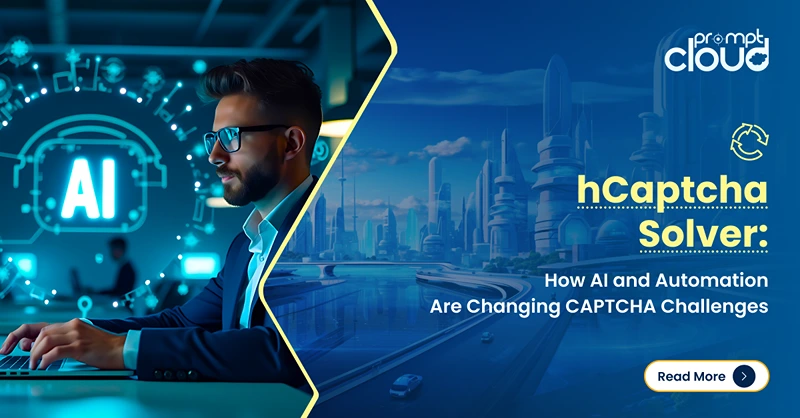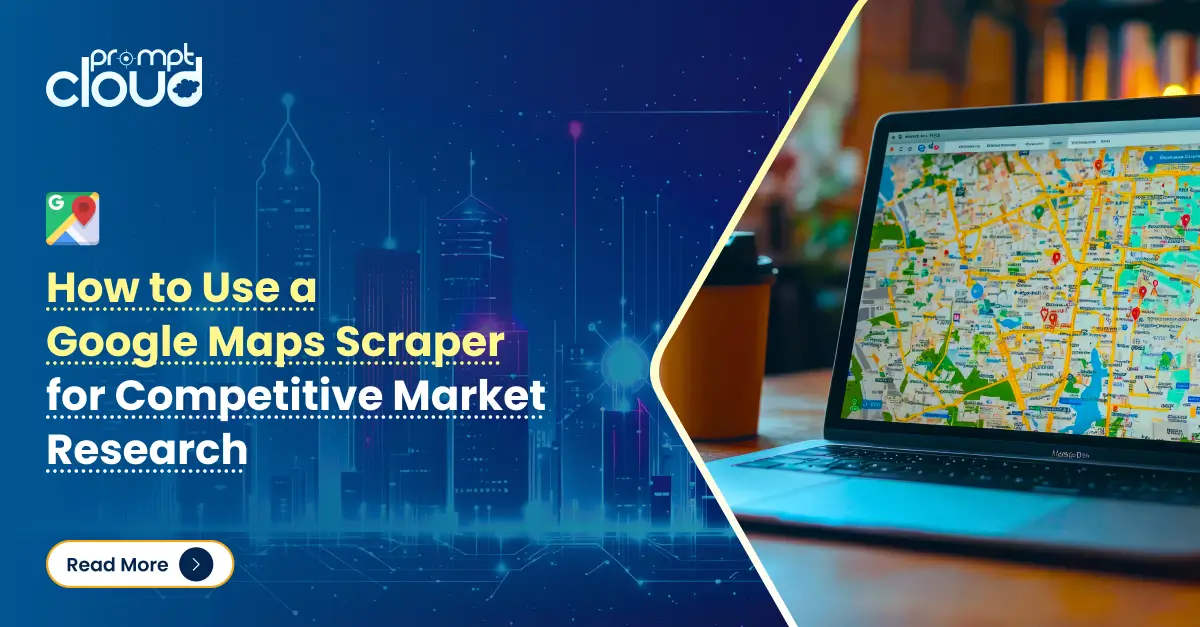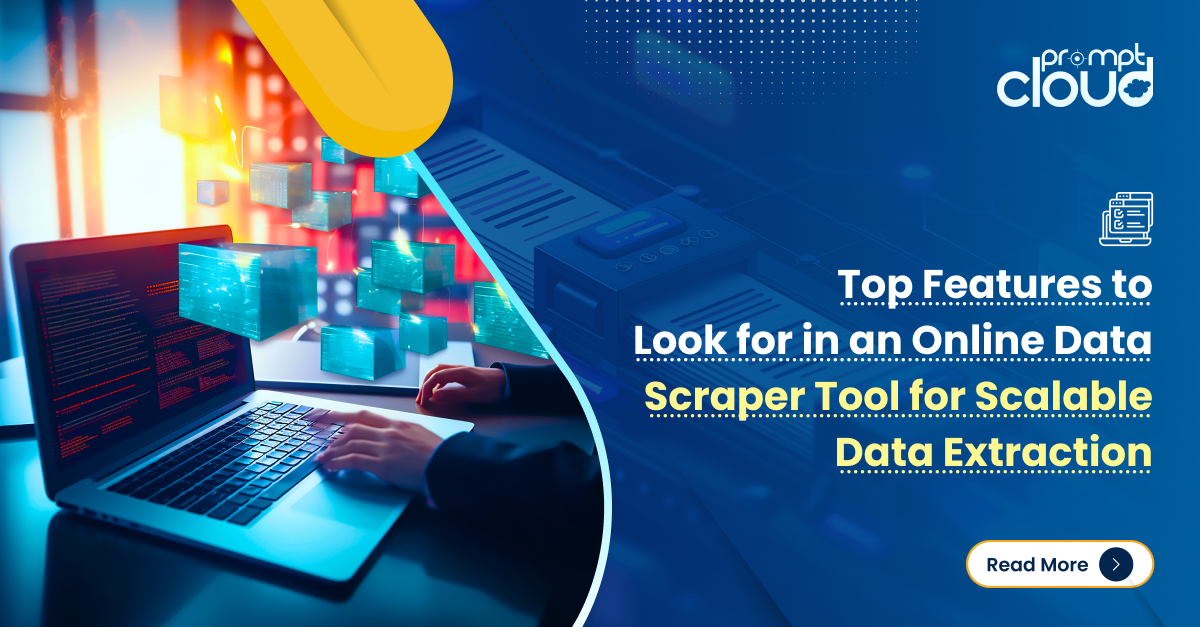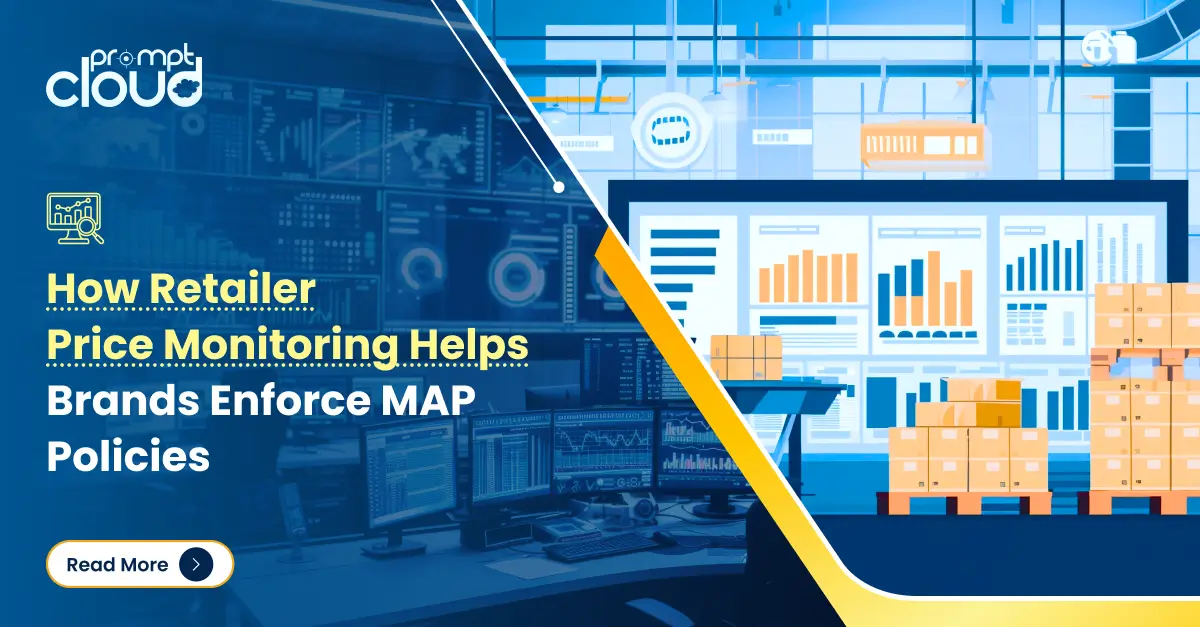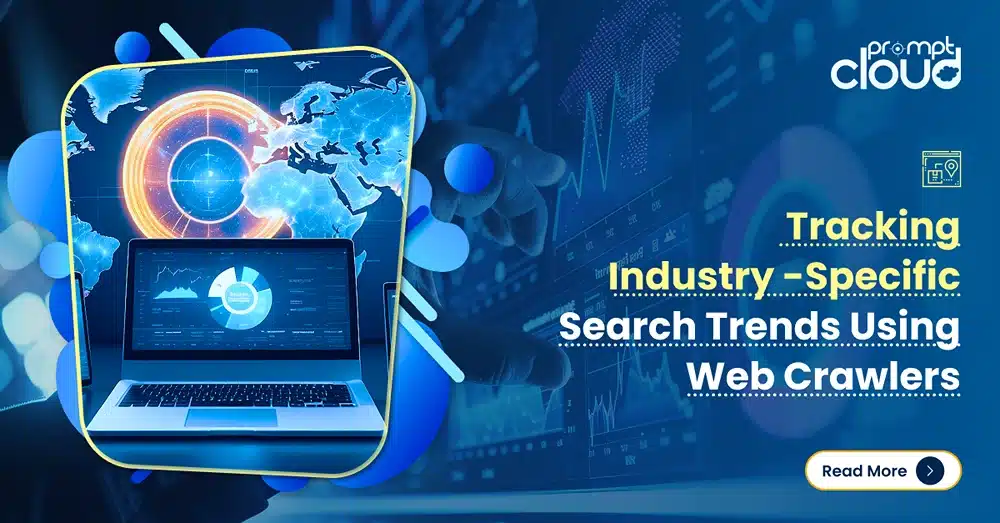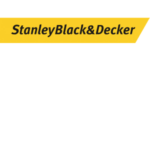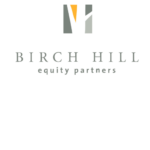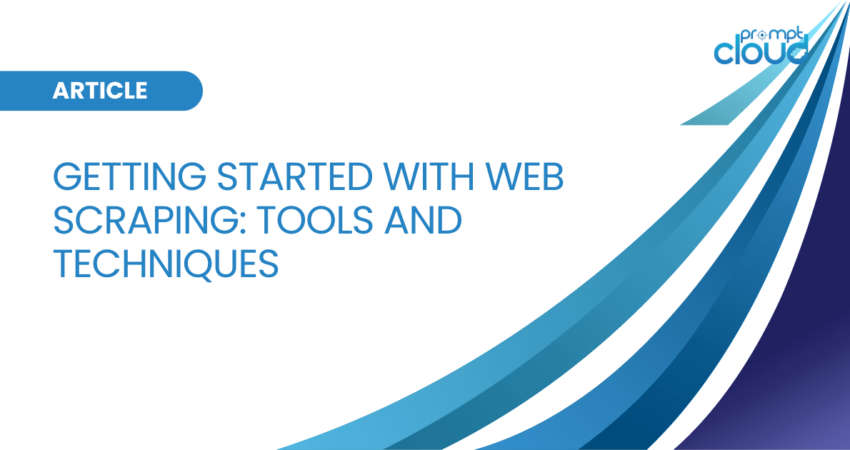
Web scraping is the process of extracting data from websites automatically. It has become an essential skill for data analysts, researchers, and businesses looking to gather information for various purposes. This article will provide an overview of best web scraping tools, basic and advanced techniques, common challenges, and best practices to follow when starting with web scraping.
Understanding Web Scraping
Web scraping involves sending HTTP requests to a website, parsing the HTML content, and extracting the desired data. It enables you to retrieve information such as text, images, tables, and links from web pages. Web scraping technologies are commonly used for web data extraction, data analysis, competitive intelligence, and monitoring.
Benefits of Web Scraping
Web scraping technologies offer numerous benefits, including:
- Data Collection: Web scraping allows you to gather vast amounts of data from multiple sources quickly and efficiently.
- Automated web Data Extraction: Instead of manually copying and pasting data from websites, web scraping automates the data extraction process.
- Real-Time Data: Web scraping enables you to access real-time data from websites, ensuring that you have the most up-to-date information.
- Competitive Analysis: Web scraping can be used to monitor competitor websites and extract valuable data for business analysis.
- Research and Analysis: Web scraping provides researchers with a powerful tool to collect data for analysis and insights.
Choosing the Right Web Scraping Tool
Selecting the right web scraping tool is crucial for successful web scraping projects. Here are some popular and best web scraping tools to consider:
- Beautiful Soup: A Python library for parsing HTML and XML files. It provides simple and flexible means to navigate, search, and extract data from web pages.
- Selenium: A web testing tool that can also be used for web scraping. It allows for interacting with websites that heavily rely on JavaScript for rendering content.
Consider factors such as your familiarity with programming languages, the complexity of the project, and the specific requirements when choosing the right web scraping tool.
Basic Web Scraping Technologies
When starting with web scraping technologies, you can begin with basic techniques to extract data from web pages. Here are some commonly used techniques:
- HTML Parsing: Use HTML parsing libraries like Beautiful Soup or lxml to navigate through the HTML structure of web pages and extract relevant data.
- XPath and CSS Selectors: Employ XPath or CSS selectors to identify specific elements on a web page and retrieve their content.
- API Integration: Some websites provide APIs (Application Programming Interfaces) that allow you to access and extract data in a structured format, eliminating the need for scraping HTML.
It is important to note that before scraping a website, you should review the website’s terms of service and ensure that your scraping activity is legal and ethical.
Advanced Web Scraping
As you gain proficiency in web scraping, you can explore advanced technologies and techniques to handle more complex scraping scenarios. Some advanced techniques include:
- Handling JavaScript: Websites that use JavaScript to dynamically load content require tools like Selenium to scrape data effectively.
- Pagination and Infinite Scrolling: When dealing with paginated content or pages with infinite scrolling, you need to simulate user interaction to extract data from multiple pages.
- Session Management: Some websites require session management, such as handling cookies or maintaining a logged-in state. Best web scraping tools like Scrapy have built-in features to handle these scenarios.
By mastering advanced web scraping techniques, you can overcome various challenges and scrape data efficiently from even the most complex websites.
Common Challenges in Web Scraping
While web scraping offers many benefits, it also presents certain challenges. Some common challenges faced during web scraping include:
- Website Structure Changes: Websites frequently undergo changes in their HTML structure, which can break existing web scraping scripts. Regular maintenance and monitoring of scraping scripts are necessary to mitigate this challenge.
- Captcha and IP Blocking: Websites may implement captchas or restrict access based on IP addresses to deter scraping. Overcoming these challenges may require using proxies, rotating IP addresses, or employing machine learning techniques.
- Web data Extraction Complexity: Some websites use complex techniques like JavaScript rendering or AJAX to load data, making the scraping process more challenging. Use best web scraping tools like Selenium or utilize APIs whenever possible to handle such scenarios.
Being aware of these challenges and having strategies in place to tackle them will help in executing successful web scraping projects.
Best Practices for Web Scraping
To ensure smooth and ethical web scraping, it is essential to follow best practices. Here are a few guidelines:
- Respect Website Policies: Always review a website’s terms of service and adhere to any scraping guidelines or restrictions.
- Avoid Overloading Servers: Implement delays in scraping requests to avoid overwhelming servers and to be respectful of a website’s bandwidth.
- Keep Track of Changes: Regularly monitor scraped websites for any structural or data changes that may require modifications in your scraping scripts.
- Handle Errors Gracefully: Implement error-handling mechanisms to handle errors and exceptions that may occur during web scraping.
- Stay Updated: Keep up with the latest web scraping techniques, practices, and legal considerations to ensure efficient and compliant scraping.
Following these best practices will not only help you scrape websites efficiently, but also maintain good relationships with the websites you extract data from.
Conclusion
Web scraping can be a powerful tool for gathering data and gaining insights from websites. By choosing the right tool, understanding basic and advanced techniques, addressing common challenges, and adhering to best practices, you can leverage web scraping effectively. Remember to always respect website policies, stay updated with the latest techniques, and handle data extraction responsibly. With the right approach, web scraping can provide a valuable resource for various applications and industries
Frequently Asked Questions
What is web scraping technologies?
Web scraping technology refers to the suite of best web scraping tools and techniques used to automate the extraction of data from websites. This technology encompasses various methods and software applications designed to access web pages, retrieve their content, and parse specific pieces of information. These technologies can include programming libraries, frameworks, and services that facilitate data collection for purposes such as market analysis, competitive intelligence, and academic research.
Is web scraping AI legal?
The legality of web scraping, including AI-powered scraping, depends on the context and jurisdiction. Generally, scraping publicly accessible data is considered legal, but scraping private, sensitive, or copyrighted information without permission can lead to legal issues. Many websites have terms of service that prohibit unauthorized scraping. It’s crucial to review these terms and consult legal professionals to ensure compliance with applicable laws and regulations.
How many types of web scraping are there?
Web scraping can be broadly categorized into several types based on the method and complexity:
- HTML Parsing: Using libraries like Beautiful Soup to parse HTML and extract data.
- DOM Parsing: Utilizing best web scraping tools like Selenium to interact with web pages as a browser would.
- Web API Access: Accessing structured data directly from a website’s API.
- Headless Browsing: Using headless browsers like Puppeteer to scrape data from dynamic websites.
- Data Extraction Services: Leveraging third-party services that provide scraped data.
What is the best language for web scraping?
Python is widely regarded as the best language for web scraping due to its simplicity and the extensive range of libraries and frameworks available. Key libraries include Beautiful Soup for HTML parsing, Scrapy for large-scale scraping projects, and Selenium for interacting with dynamic web content. Other languages like JavaScript (with Node.js and Puppeteer), Ruby, and PHP can also be effective for web scraping, but Python remains the most popular choice for its ease of use and versatility.











